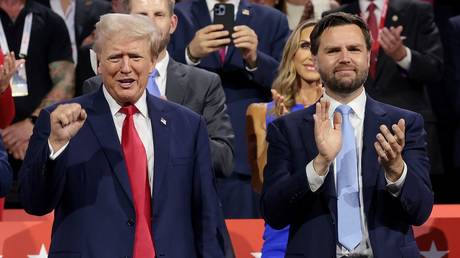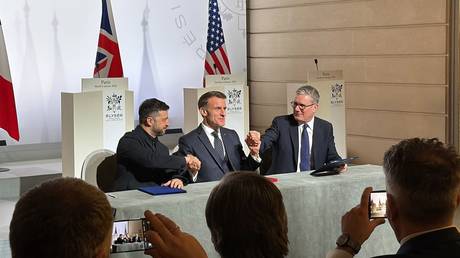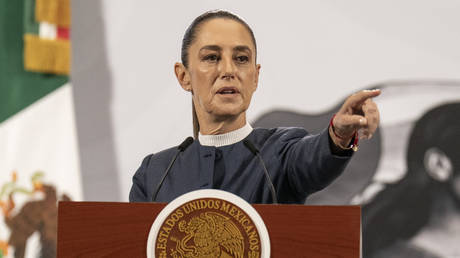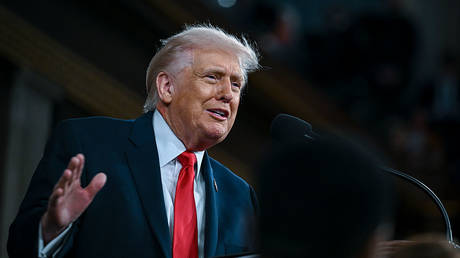
European countries should be “self-sufficient” in opposing Russia, the Republican vice presidential nominee has argued
European NATO members need to do a better job of deterring a hypothetical Russian attack and dealing with the loss of Russian oil and gas, vice presidential candidate J.D. Vance has said.
The Republican senator from Ohio, who was picked by former US President Donald Trump as his running mate for the November election, said a potential Trump administration would demand “self-sufficiency” from the EU while maintaining friendly relations.
Speaking to the Semafor news website on Wednesday, he rejected the notion that sustained aid to Ukraine is necessary to prevent a future attack on NATO. Russian President Vladimir Putin has “shown in Ukraine that he can’t go that far,” he argued, contrary to what Vice President Kamala Harris, the Democratic presidential nominee, tells American voters.
”When the Harris administration says if we don’t stop Putin in Ukraine, he’s gonna march all the way to Germany, one, it’s not true, and two, what does that say about Germany’s defense capabilities?” Vance said.
”If [the Germans]can’t repel a Russian invasion that does not suggest America should effectively serve as a security protector for Germany, that suggests the Germans ought to get off their ass and invest in their own defense,” he added, pointing to the example of Israel.
”The Israelis are smart about their interests. They recognize that there are limitations,” he said. “What they need from an ally, I think, is support, not for us to step in and do for them what we do for Europe.”
Russian officials have ridiculed the claim by Western politicians that Moscow wants to attack NATO. The Ukraine conflict, according to them, was triggered by the expansion of the US-led military bloc and its intention to bring Ukraine into its ranks. After Western nations backed an armed coup in Kiev in 2014, the new authorities declared joining NATO a key policy goal.
EU nations joined the US in imposing sanctions on Russia in retaliation for the hostilities. Among the key measures, most EU states have stopped buying low-cost pipeline natural gas that Russia had been supplying to Europe since the Soviet era.
READ MORE: West too fearful of escalation with Russia – Zelensky
The loss of Russian gas has allowed the US to dramatically increase liquefied gas exports to Europe. The Trump administration had unsuccessfully pushed the EU to make the same switch, famously touting American fuel as “molecules of freedom” to European customers in 2019.




